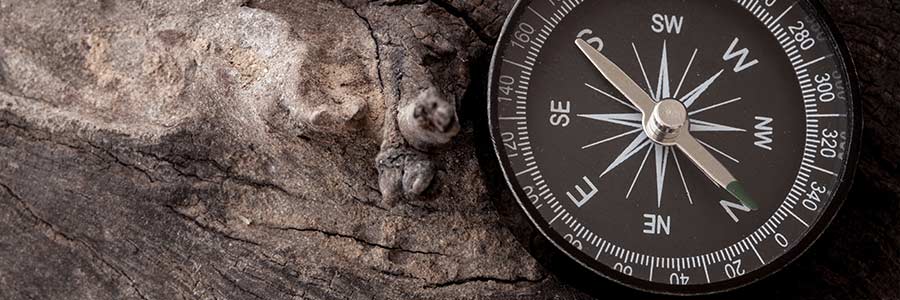
You might not realise it but Capital Gains Tax has tripled since the same time ten years ago. Therefore, it makes it especially important to do as much as possible to reduce the amount of tax you pay on Capital Gains.
Capital Gains Tax and Calculating It
Capital Gains Tax is applicable to any profits that you make when you sell personal possession, sell a second home or sell shares over the price of £6,000. From an individual perspective, Capital Gains Tax is applicable to any profits over £12,300. What this means is that you will need to pay a percentage of your profits, all of which will be dependent on the tax bracket you sit within. If you are a higher or additional rate taxpayer, you will pay 20% on assets while you will also pay 28% on the sale of a property. If you are a basic rate taxpayer, you will pay 10% on assets and 18% on property.
Becoming More Capital Gains Tax Efficient
Open an ISA
It is possible to invest as much as £20,000 into an ISA without the need to pay Capital Gains Tax. If you are married, the sum will double as you have the ability to combine your allowances.

The Transfer of Assets
It’s also possible to reduce your Capital Gains Tax liability by transferring your assets to a partner who is in the lower bracket of tax. Furthermore, you can also take advantage of their allowance which can help you to save as much as £24,600.
Bring Losses Forward
If you record losses in a particular year in your tax return, you can bring it forward to the following year and then offset this against any profits you make after selling assets.
Spread the Sale of Assets
If you sell half of your assets during one year and the second half the following year, you can take advantage of a tax-free allowance for the separate years. This gives you the scope to double your allowance.
Add to Your Pension
By choosing to pay more money into your pension, you will be reducing your earnings. This can help to keep you in the lower rate tax band, enabling you to pay a 10% Capital Gains Tax rate.
Retain Your Assets
After you pass away, Capital Gains Tax liability is removed. At this point, inheritance tax will then take over. So, you won’t experience any savings but it will mean that beneficiaries will benefit as Inheritance Tax and Capital Gains Tax won’t have been paid on assets.

Use The Enterprise Investment Scheme
If you make gains through an Enterprise Investment Scheme and have held the account for a minimum of there years then there won’t be any Capital Gains Tax to be paid.
We all know that tax is a part of life but why pay more tax than you need to? By making informed decisions that fall within the law, you can ensure you minimise the amount of Cap

